Murray In Ethiopia
In the early 1950’s Awasa Lake was a quiet beautiful lake about ten miles across and surrounded by small villages of thatched roof huts and cow paths that meandered through the Acaia forests on the north side of the lake, the east and the south were covered in magnificent jungles. With giant trees and all kinds of wild life, snakes and monkeys and rare species including Komodo Dragons it was one of my favorite places in the country of Ethiopia. There was a US Army base at the west end of the lake so there was a road of sorts from Sheshamony where my family was stationed while dad helped to build a leprosarium. So it was only an hour or so to the lake and often groups of missionary families would get together and camp by the lake for recreation and some amazing fishing. 50 to one hundred pound catfish were commonly caught as well as a kind of Talapia that we caught by the hundreds which supplied us with great fish fries. We usually camped on the north shore which had some sandy beaches and more open areas where cattle used to come by the thousands from the surrounding hills where the villagers lived away from the water and mosquitoes. The lack of people made it an ideal location for our families to enjoy the nature and beauty of the lake.
bob
11 chapters
15 Apr 2020
Awassa
Awassa, Ethiopia
In the early 1950’s Awasa Lake was a quiet beautiful lake about ten miles across and surrounded by small villages of thatched roof huts and cow paths that meandered through the Acaia forests on the north side of the lake, the east and the south were covered in magnificent jungles. With giant trees and all kinds of wild life, snakes and monkeys and rare species including Komodo Dragons it was one of my favorite places in the country of Ethiopia. There was a US Army base at the west end of the lake so there was a road of sorts from Sheshamony where my family was stationed while dad helped to build a leprosarium. So it was only an hour or so to the lake and often groups of missionary families would get together and camp by the lake for recreation and some amazing fishing. 50 to one hundred pound catfish were commonly caught as well as a kind of Talapia that we caught by the hundreds which supplied us with great fish fries. We usually camped on the north shore which had some sandy beaches and more open areas where cattle used to come by the thousands from the surrounding hills where the villagers lived away from the water and mosquitoes. The lack of people made it an ideal location for our families to enjoy the nature and beauty of the lake.
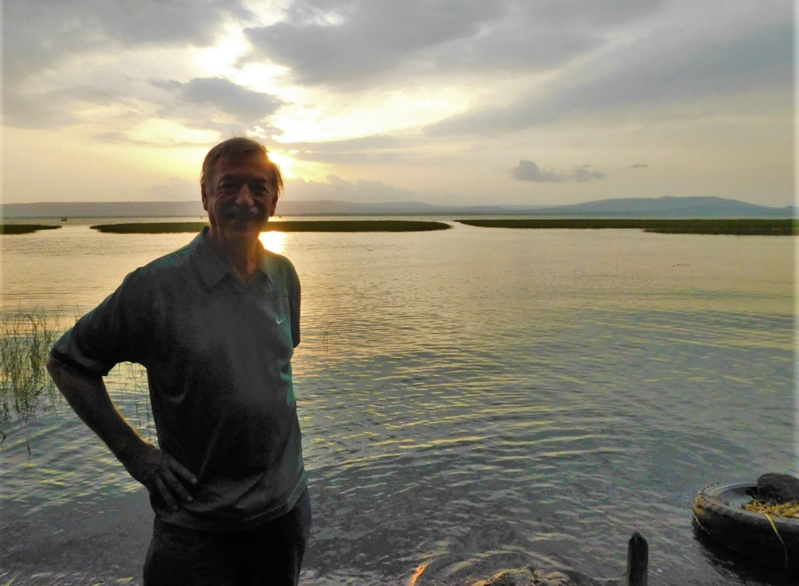
Fond memories and adventures abound from this paradise.
One very unusual memory occurred one day when the Ethiopian King Hailesilasie happened to be driving by with his entourage, probably to visit the US base, he stopped his Mercedes and got out to visit with the families of white people camped on his lake. I was about 2 and all I remember of the incident was being picked up by this man and put on his shoulders. Everyone started making a big commotion and laughing. I remember his curly hair being oily and smelling of perfume and got scared and started kicking him and crying where upon I was quickly taken down. My father was not happy but everyone else seemed to be entertained. Now there is no sign of the mighty jungle.
Where the jungle once stood there is a modern city, the honey moon capitol of Ethiopia, well planned out with boulevards and trees and
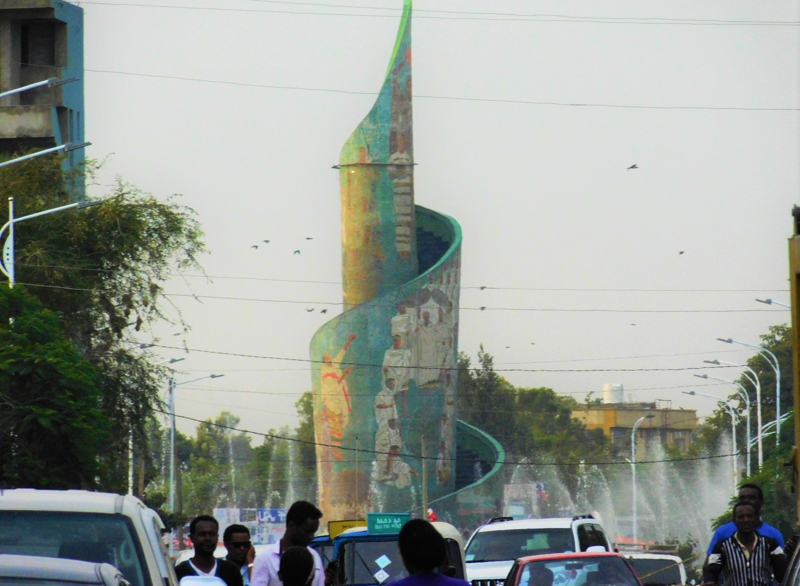
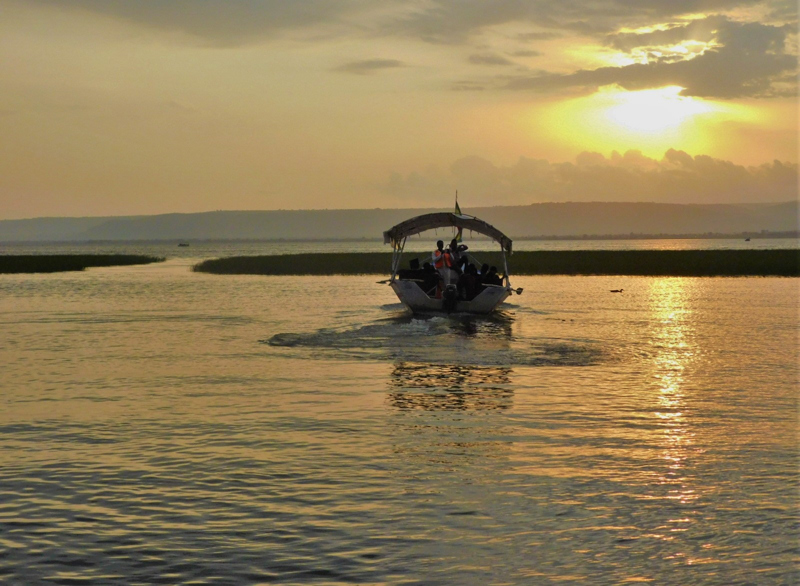
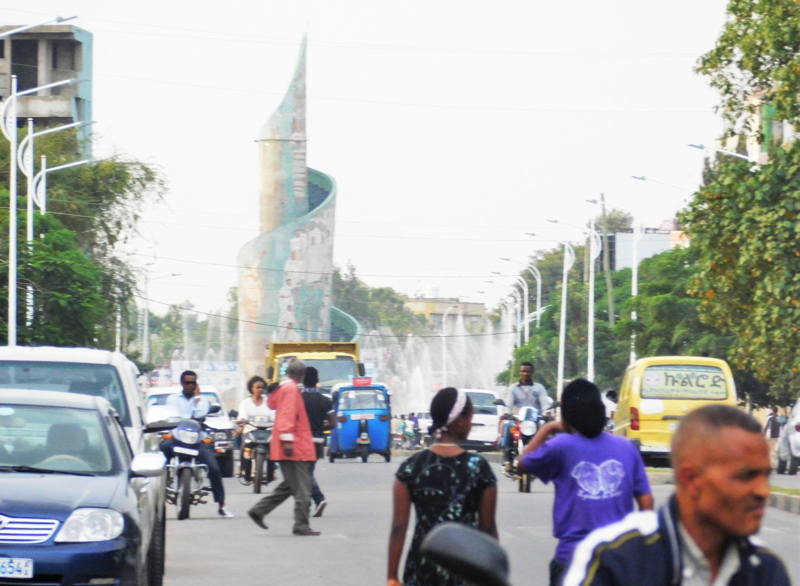
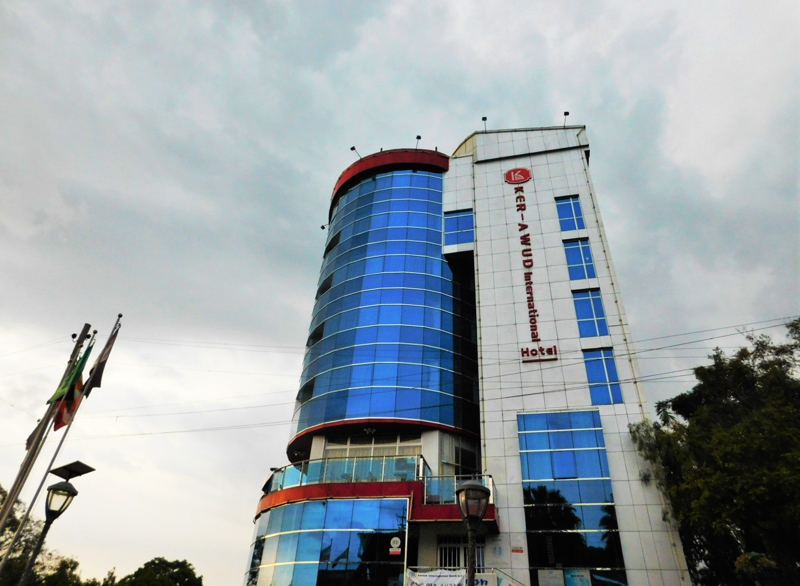
flowering gardens and many fancy hotels, the pride of Ethiopia. There are all kinds of modern stores, from electronic and hardware to fashion and beauty. There are large industrial parks But as a very young city catering to a fast growing recreational middle class the city streets are crowed with a mostly young population looking for work. Many uneducated people from around the country came looking for an opportunity to gain employment resulting in the creation of over crowding and the growth of shanty towns and poverty and all the problems that go along with it.
With overcrowding comes problems with education and this was the challenge seen by Misfin, who had a concept about education. He was from the Dilla area of Ethiopia but was educated and got his Doctorate degree in Toronto where his family currently resides. His idea was for a Pan African school that strove for a higher standard in education and was none discriminating and took students from all
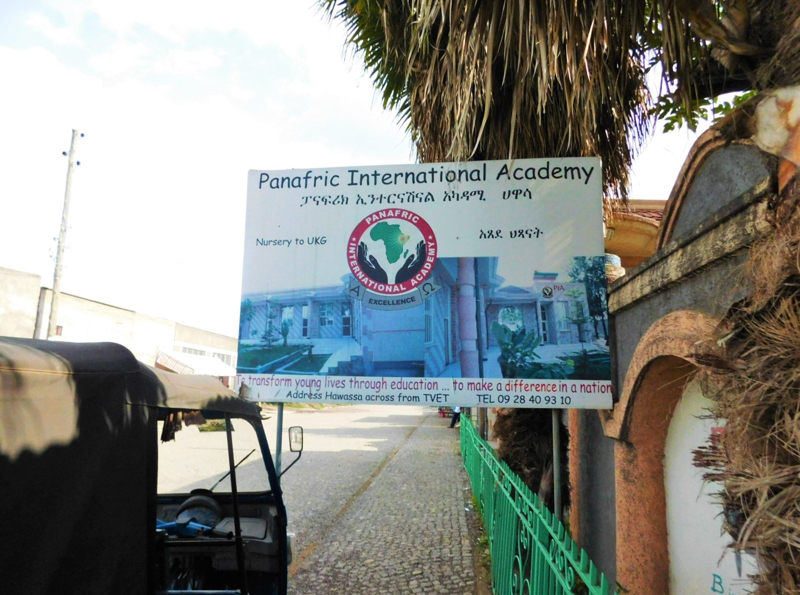
levels of society but treated every one equally. Meeting with other Canadians including a former teacher of mine from Bingham Academy, Roy Wallace, they began the long task of raising funds and looking for a location. Because Awasa was new, everything was expensive and meeting the new government regulations for Junior Kindergarten meant that everything had to be duplicated. Junior kindergarten requires separate facilities. The school in it’s initial stage has grown to only grade four and one of the schools parents, a wealthy Muslim man who has four of his children enrolled in the school donated his mansion to the school that now has about two hundred students enrolled. Because of the growth, they had to expand to two locations. The back ground of each student is quietly hidden so that there is no exposure to economical or health stigmas. Interestingly some of the students with the poorest background are leading their classes in academic achievement. Because the Ethiopian government has very limited funds for books and teaching material
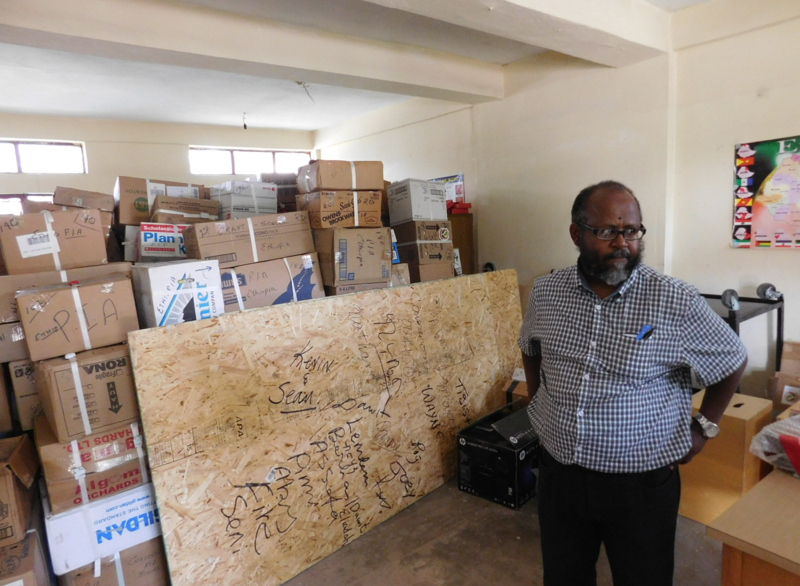
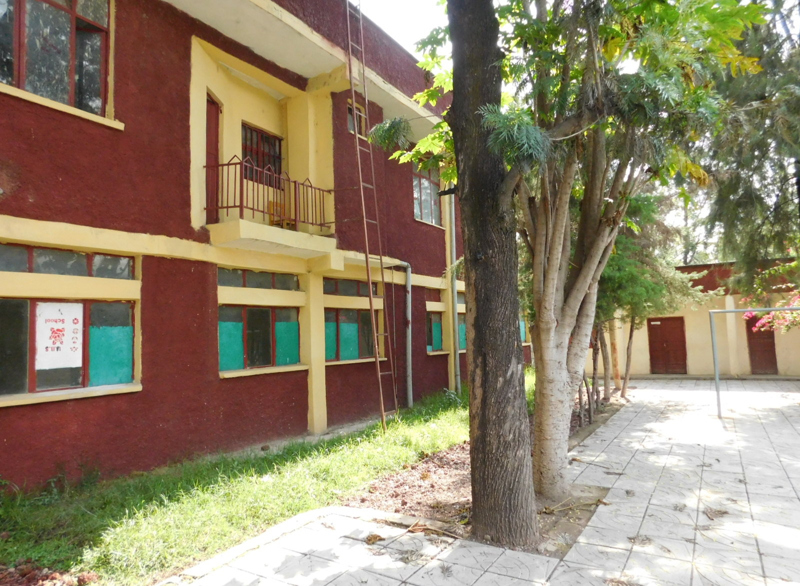
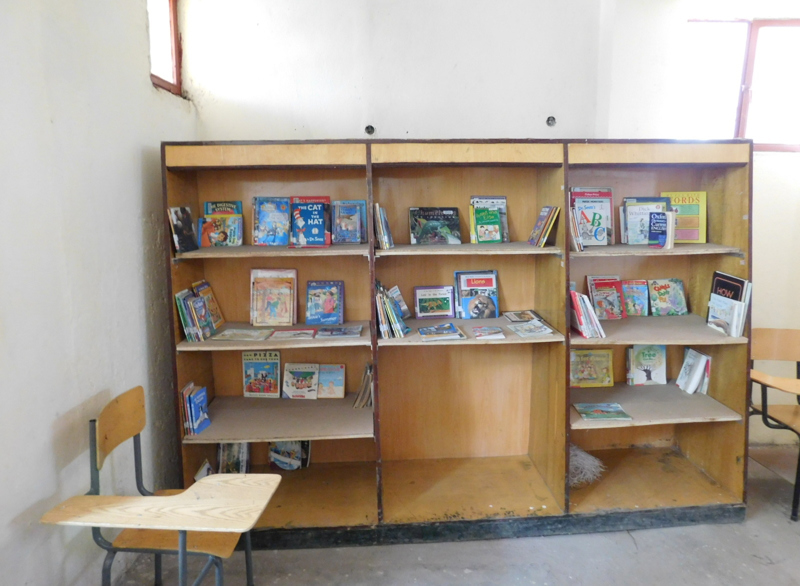
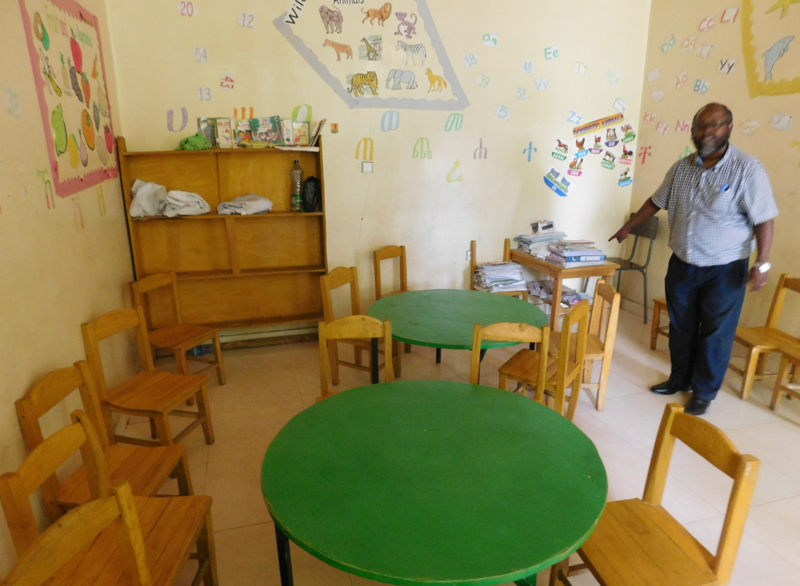
one of the greatest concerns was for books. The government has no money for other than textbooks so the board members and those involved with the school began a book drive in Canada and shipped a whole container of books to the school, which proved very difficult but with the help of Devxchange the project was completed. Now the Pan African School will have one of the best stocked public school libraries in Ethiopia. The Pan African International Academies vision is a vision of liberation, to liberate young minds through priority education and mentorship, strong discipline and a strong work ethic. They envision the making of academically excellent and socially responsible students and a confident and a self sufficient generation. At Pan African International Academy no child will be left behind. Their purpose is to create a safe and resourceful environment where their students are nurtured to reach their full potential and to excel academically, learn to think critically and dream big dreams. Their purpose is to establish a school culture where all stake holders
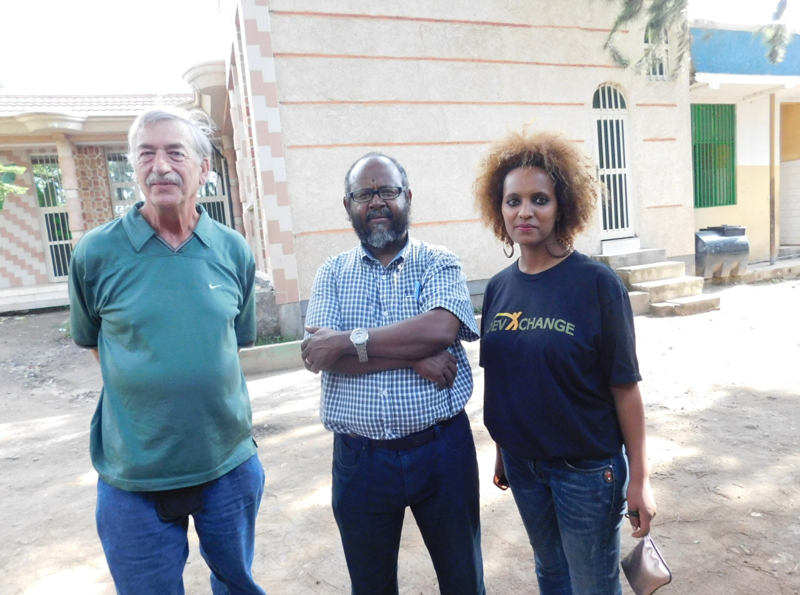
respect and value each other and are compassionate to others. They are to be equipped with essential social and life skills so that they become self sufficient and economically self sufficient and independent, starting from their early years. Their goal is to empower their school community to appreciate and be proud of their African identity and heritage.
Devxchange has been at the heart of promoting this visionary project and solving some of Awasa’s and Ethiopia’s growing concerns as it rockets into the 21t century.
For more information or to help visit https://devxchange.org/panafric
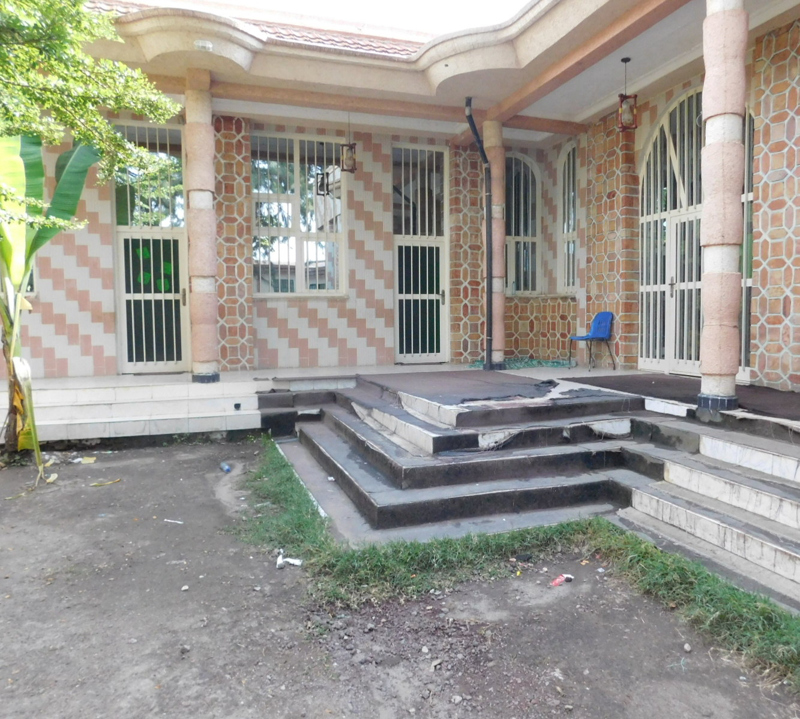
Share your travel adventures like this!
Create your own travel blog in one step
Share with friends and family to follow your journey
Easy set up, no technical knowledge needed and unlimited storage!
© 2025 Travel Diaries. All rights reserved.